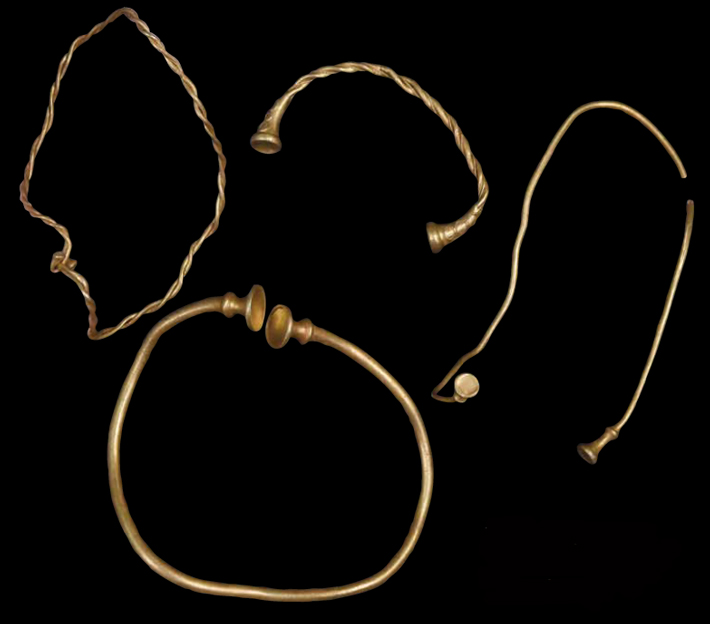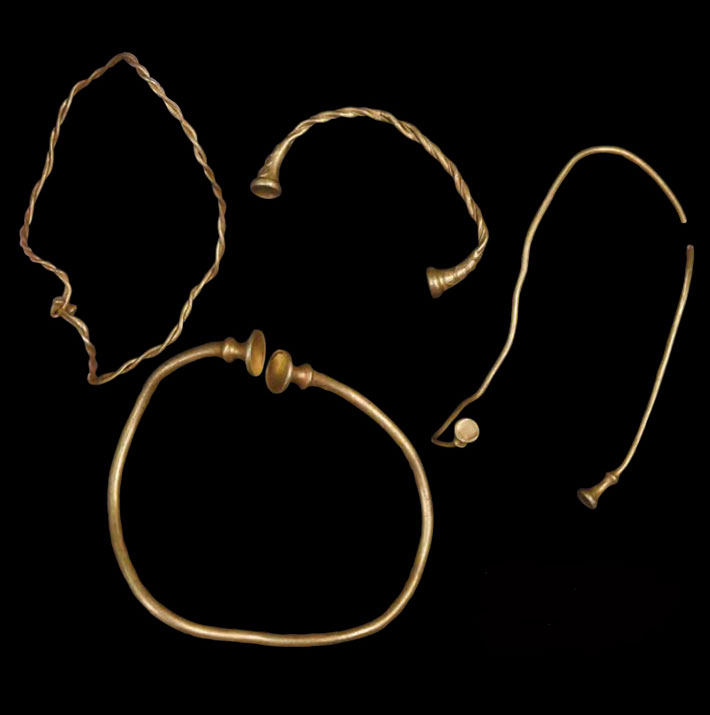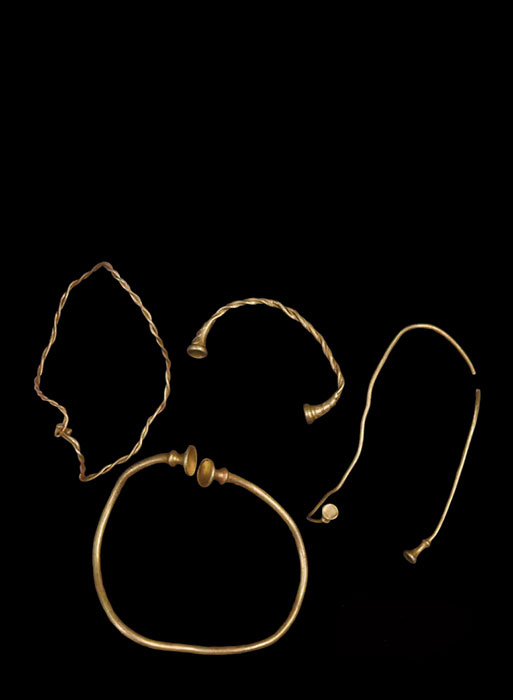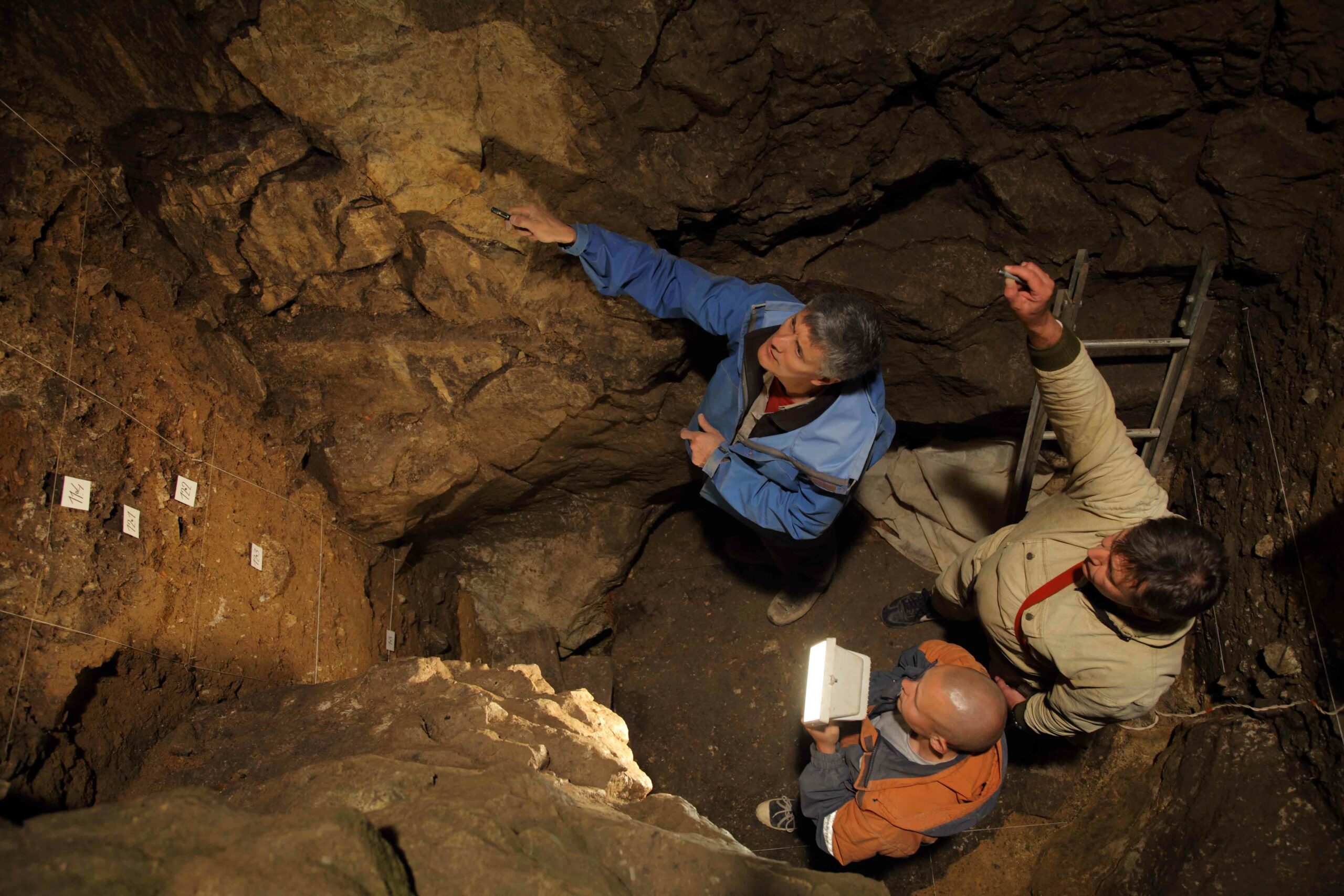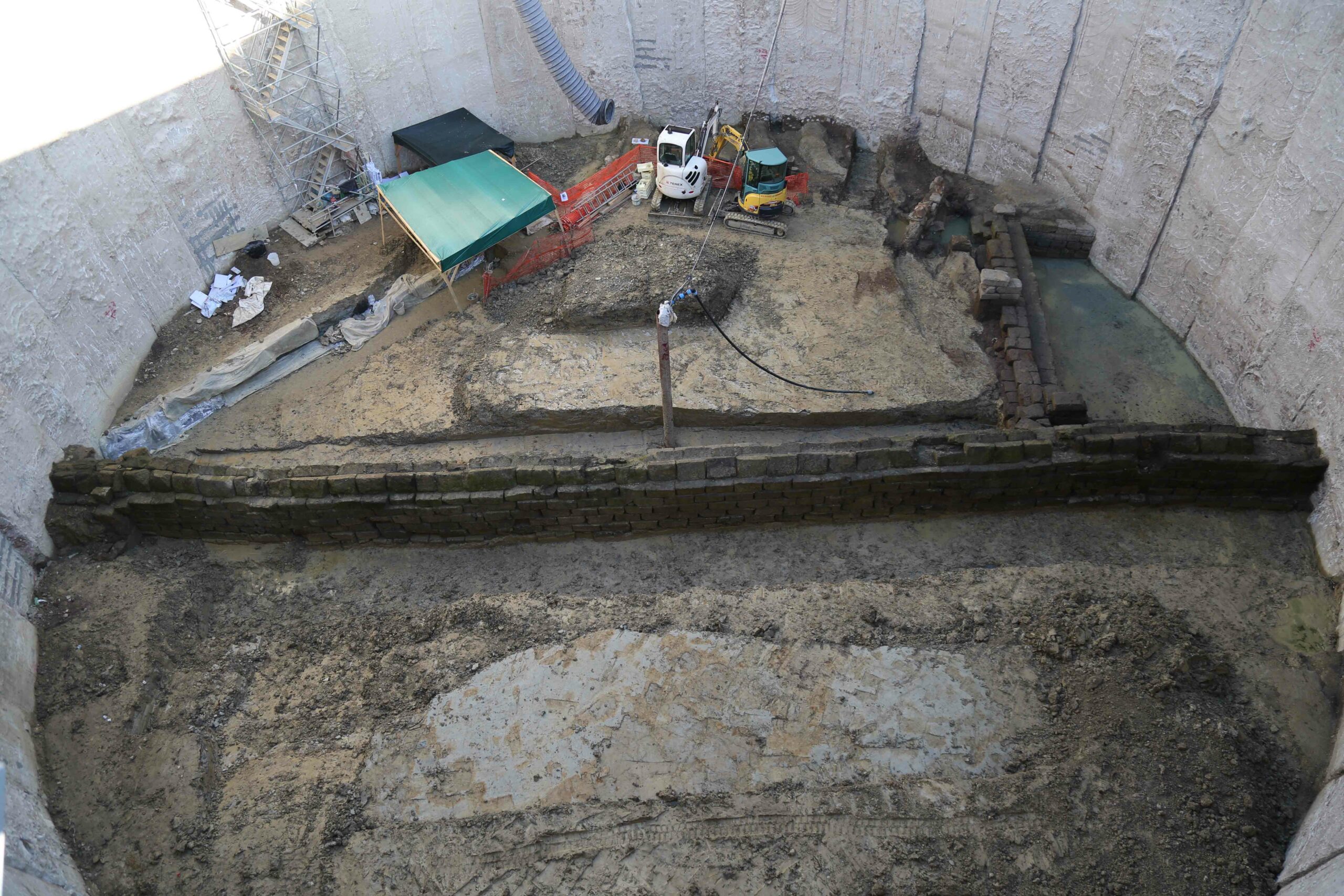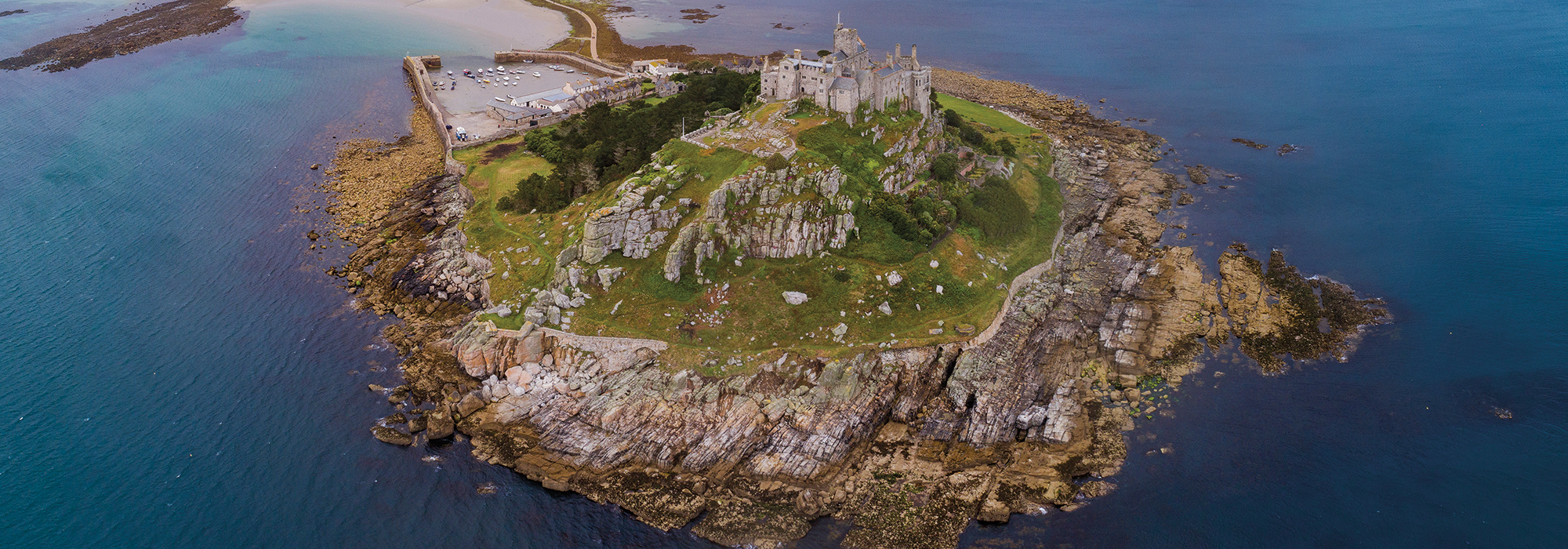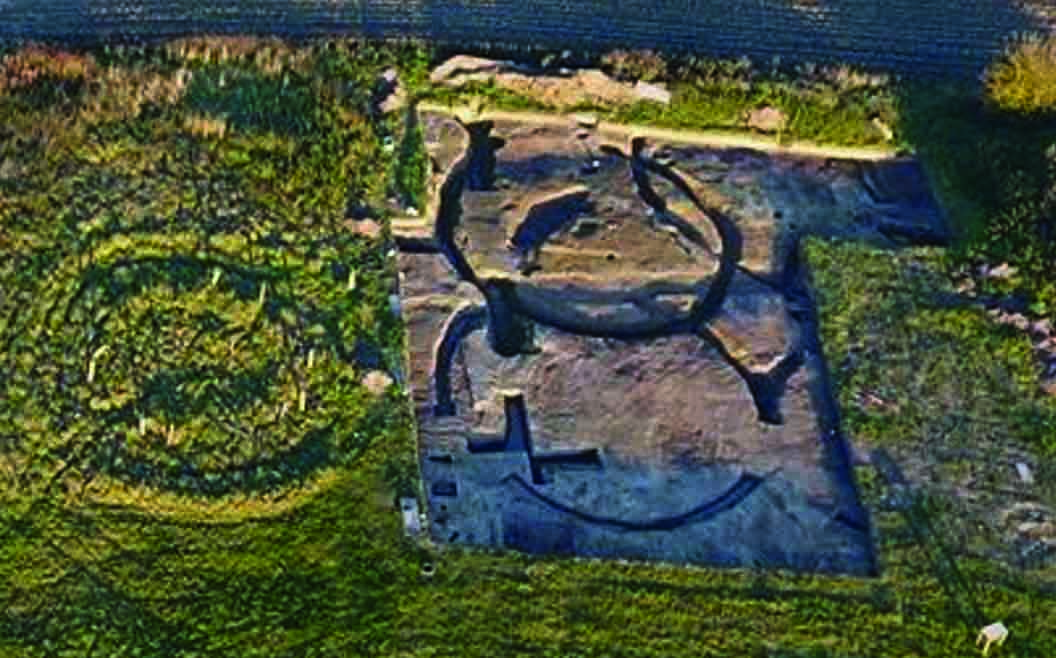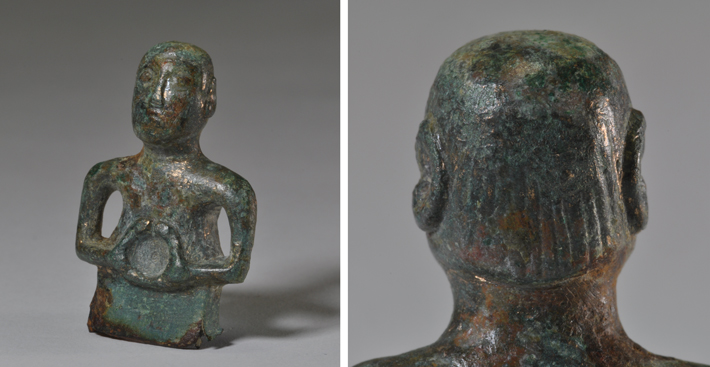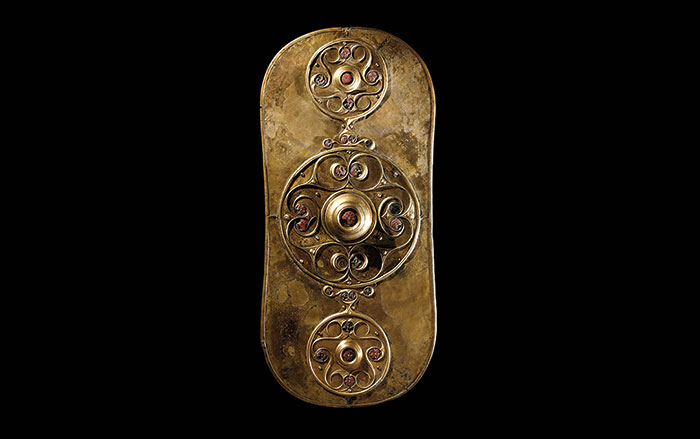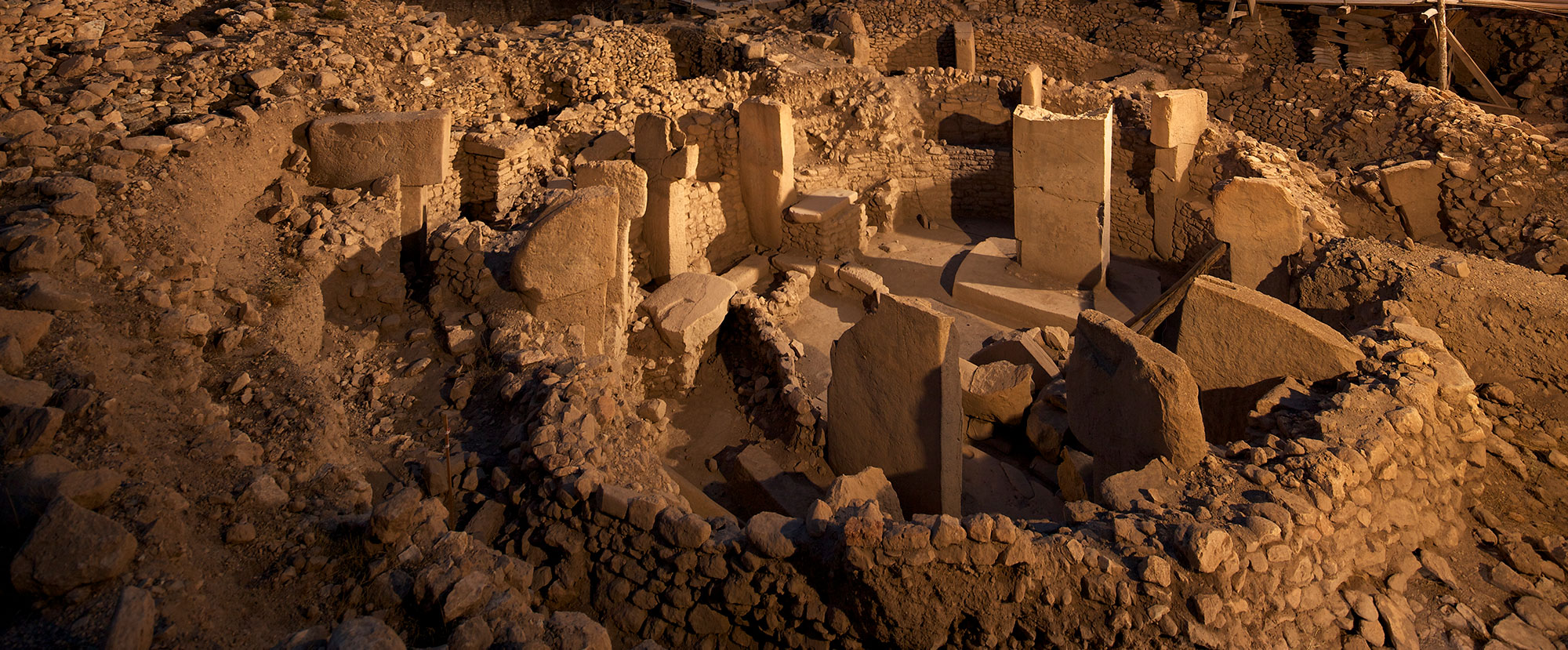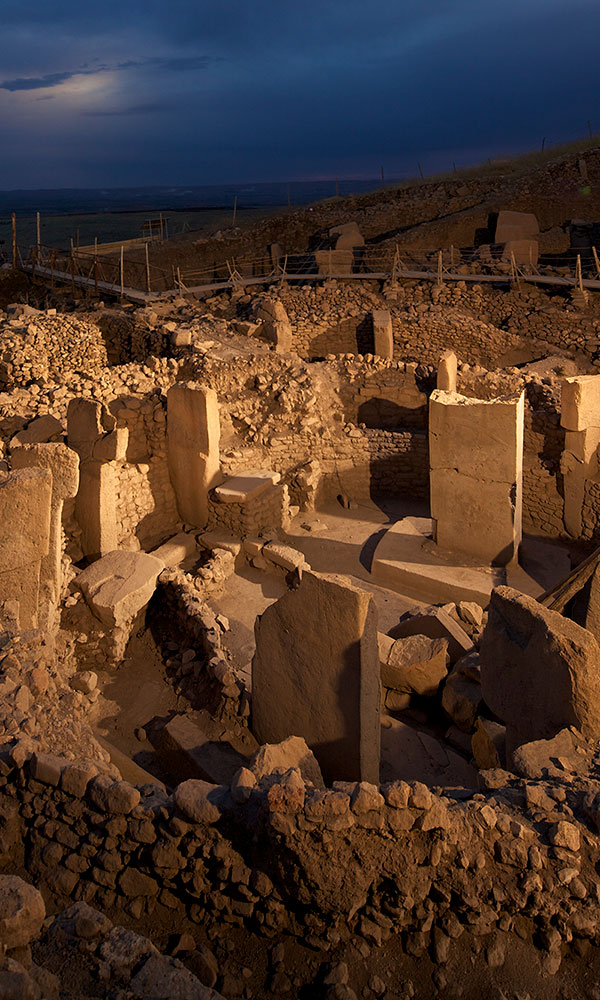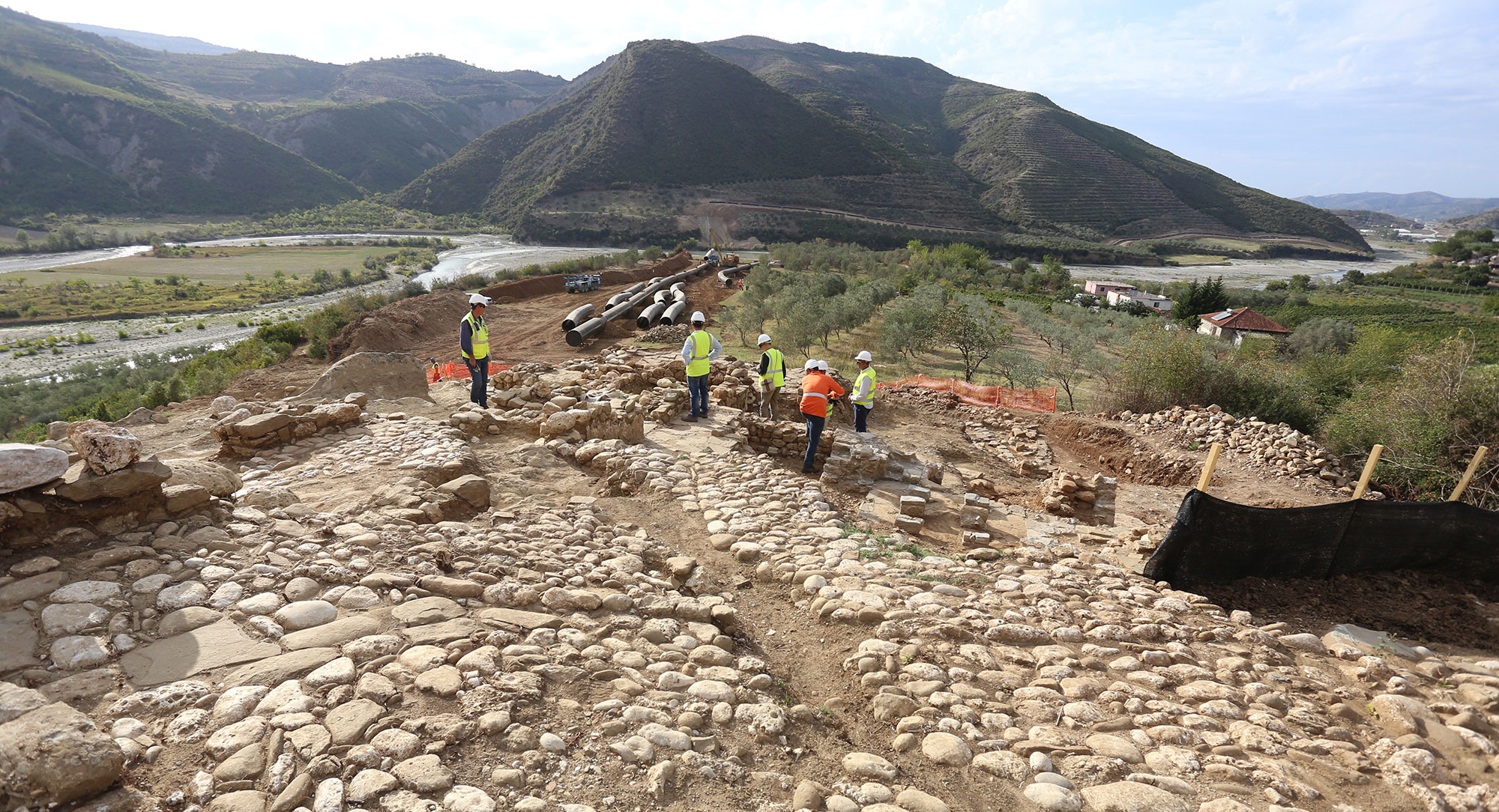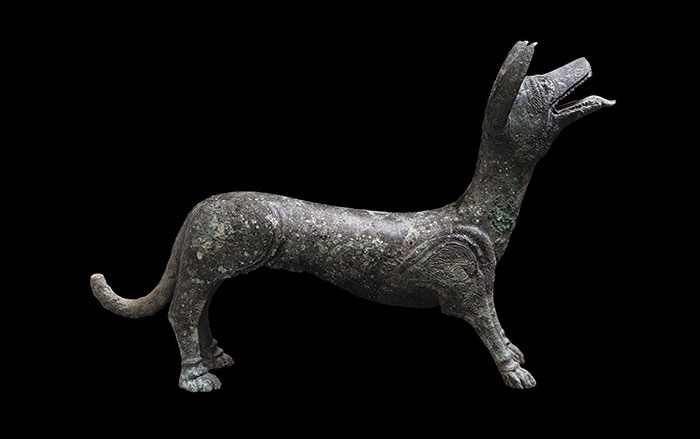Four torcs uncovered in Leekfrith are the earliest Iron Age gold items ever found in Britain. They can be dated to between 400 and 250 B.C. based on their stylistic qualities, says Julia Farley of the British Museum, who notes they were most likely worn by women. The torcs’ age is remarkable because, for several hundred years starting around 800 B.C., people in Britain appear to have largely abandoned wearing and manufacturing gold jewelry. One explanation is that the trade networks that brought gold to England had broken down. Tin and copper, used to make bronze, which had been key imports, were no longer needed once locally produced iron became available. Societies became focused on community survival rather than individual status. “Communal identity might have been more important than things which emphasize an individual’s power, like wearing loads of bling,” Farley explains. She believes the torcs were likely made on the continent and show that personal adornment was coming back into vogue as Europe grew cosmopolitan again. “The simplest explanation,” Farley says, “is that they came across the channel as gifts or trade goods, or perhaps the women even came over wearing them.”
